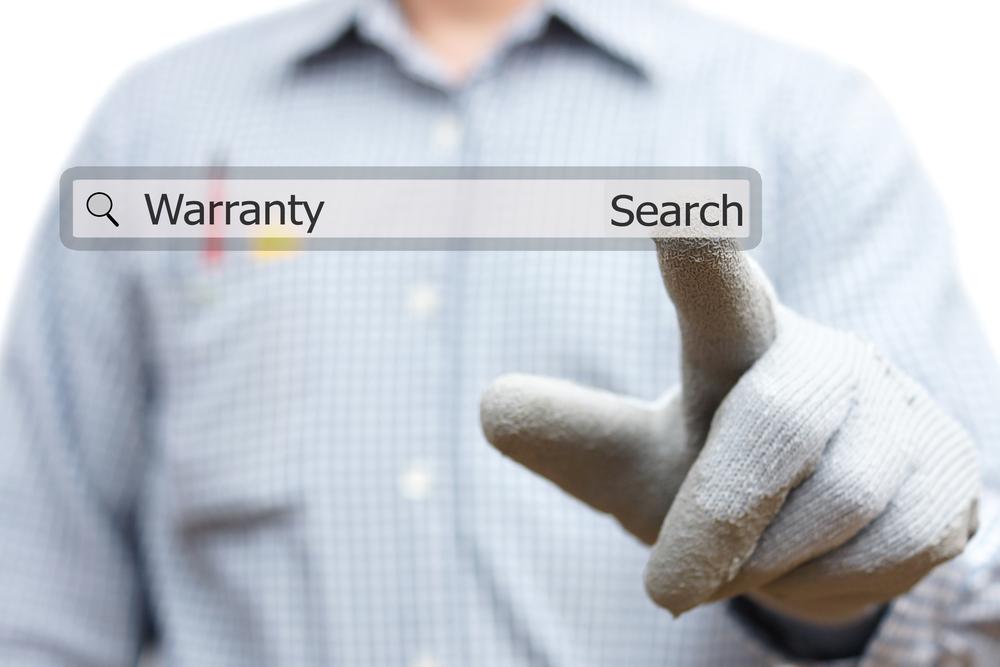Key Considerations Before Purchasing an Extended Vehicle Warranty
Explore essential tips for choosing an extended vehicle warranty. Learn when it’s beneficial, key factors to consider, and how to make an informed purchase. Understand costs, coverage, and cancellation policies to protect your investment effectively. Perfect for car owners contemplating extended coverage options.
Sponsored

Important factors to consider before investing in an extended vehicle protection plan
An extended vehicle warranty is a service agreement that covers repairs after the original manufacturer’s coverage expires. Coverage varies, often excluding routine maintenance like oil changes, tire replacement, brake pads, or air filters. Interestingly, about 55% of consumers who buy this protection never actually use it, suggesting it might not always be cost-effective. It’s essential to evaluate whether an extended warranty aligns with your driving habits and vehicle type before making a decision.
Before opting for an extended plan, consider some critical points. Continue reading to determine if this coverage suits your needs.
Who should consider buying an extended vehicle warranty?
Extended warranties may not be suitable for everyone. Ideal candidates are those planning to keep their vehicle for 5 years or more or those purchasing a used car. Most dealerships offer extended coverage options, but the decision is ultimately up to the buyer.
If a dealer insists that financing is only available with an extended warranty, it’s advisable to explore other options or dealerships.
What factors influence the decision to purchase?Several considerations should guide your choice:
Existing Warranty Details – Review the original warranty’s coverage duration and what it includes. If the factory warranty covers 36,000 miles or 3 years and you plan to keep the vehicle for only 2–3 years, an extended plan may not be necessary. Conversely, for used cars with expired or soon-to-expire warranties, an extended warranty can provide valuable peace of mind. Likewise, if you intend to keep the car until it’s no longer functional, an extended warranty may be beneficial.
Coverage Scope – Most extended warranties exclude routine maintenance and wear-and-tear parts like tires, brake pads, or filters. Carefully review the contract to understand what repairs are covered and what isn’t to make an informed decision.
Cancellation Policy – Ensure the warranty can be canceled if needed, as permitted by local laws, and confirm whether refunds are available. If the warranty is financed along with the vehicle, the loan principal may be adjusted accordingly.
How to purchase an extended vehicle warranty?
Several methods exist:
You can delay buying an extended warranty until the original coverage ends, especially if unsure about the need. This approach allows you to assess your future vehicle use.
If financing a vehicle, consider bundling the warranty with your car loan to simplify payments and potentially get better terms.
Factors influencing the cost of an extended warranty include:
Vehicle make and model
Year of manufacture
Driving habits and conditions
Typical usage terrain and mileage
The cost generally ranges from approximately $1,200 to $3,000, depending on these factors.
Tags – extended vehicle warranty, car protection plans, auto warranty options






